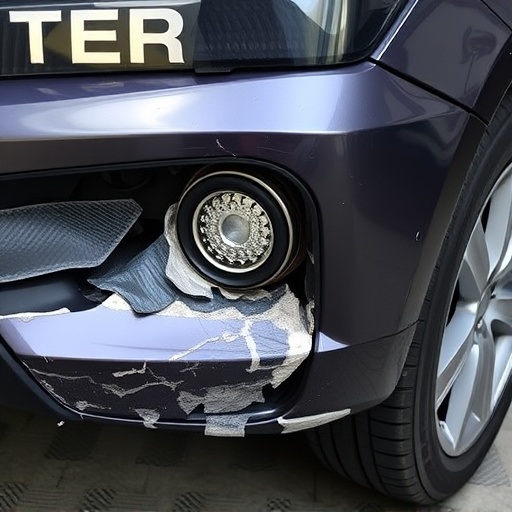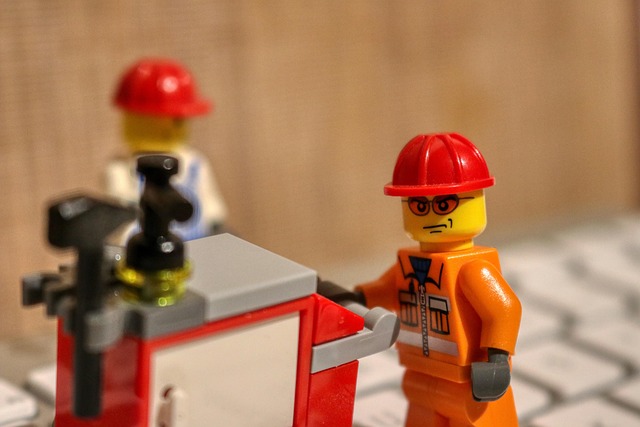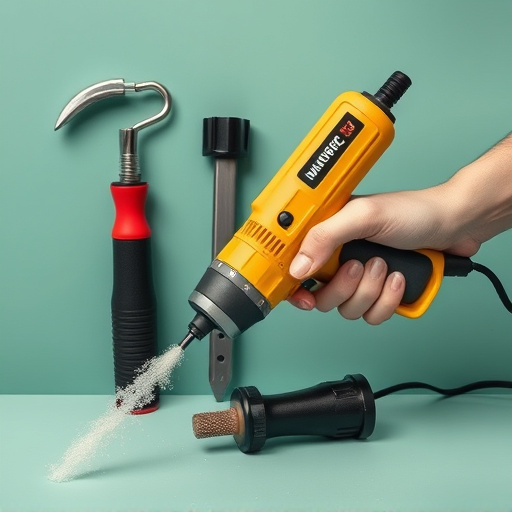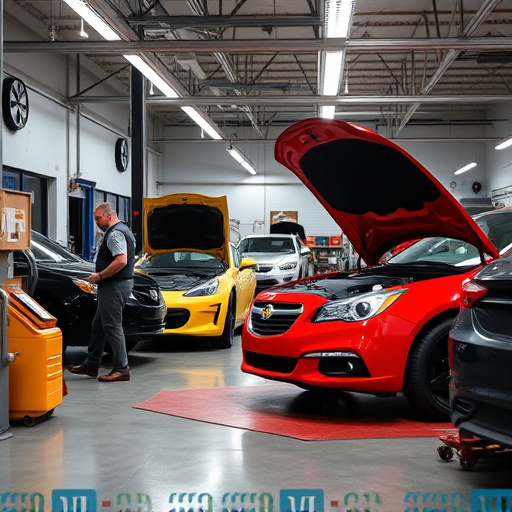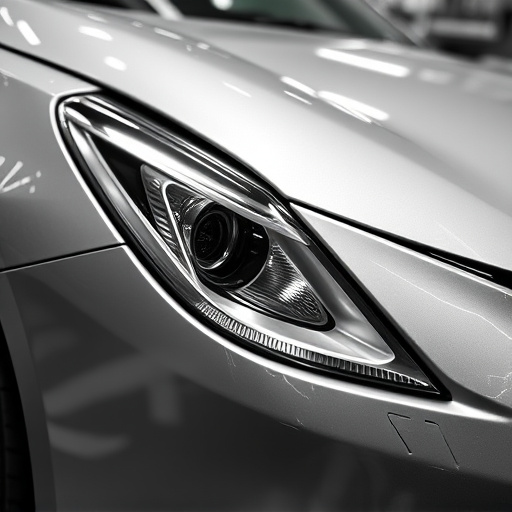Heat shields are critical components in vehicles, protecting against high temperatures from engines, exhaust, and transmission. Regular inspection for wear is essential for preventive repair, as damaged shields cause reduced engine efficiency and higher fuel consumption. Replacement is vital after collisions to maintain structural integrity and prevent further damage, enhancing cooling system efficiency, leading to improved performance, fuel economy, and safety. Heat shield replacement is a key aspect of modern car ownership, promoting both environmental stewardship and holistic vehicle care during collision repairs.
Heat shield replacement is a crucial service for maintaining optimal vehicle performance and longevity. These shields, often overlooked, play a vital role in protecting engines from intense heat, ensuring efficient cooling. In this article, we’ll explore how replacing heat shields directly impacts engine performance, offering improved horsepower and fuel efficiency. Beyond performance, safety and environmental benefits are also considered, making regular heat shield maintenance an essential aspect of responsible vehicle care.
- Understanding Heat Shields and Their Function in Vehicles
- The Impact of Heat Shield Replacement on Engine Performance
- Benefits Beyond Performance: Safety and Environmental Considerations
Understanding Heat Shields and Their Function in Vehicles
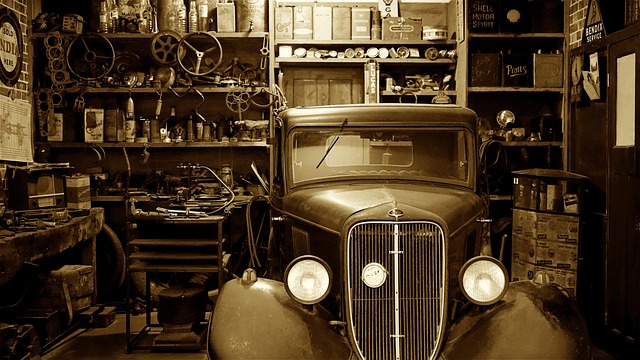
Heat shields play a crucial role in vehicles, acting as a protective barrier between high-temperature components and other sensitive parts of the car. These shields are designed to withstand extreme heat generated by various systems like engines, exhaust pipes, and transmission components. By creating an insulation layer, they prevent heat from transferring to surrounding areas, which could cause damage or lead to performance issues. Regularly checking for signs of wear and tear in your vehicle’s heat shield is essential, as their replacement is a vital part of preventive vehicle repair.
A worn-out or damaged heat shield can result in reduced engine efficiency due to increased heat transfer. This not only affects the overall performance but also contributes to higher fuel consumption. Auto detailing enthusiasts often consider heat shield replacement as part of their routine maintenance routines, recognizing its impact on both safety and aesthetic appeal. In the event of a car collision repair, thorough inspection of these shields is necessary to ensure structural integrity and prevent further damage during subsequent driving.
The Impact of Heat Shield Replacement on Engine Performance

Heat shield replacement is a crucial aspect of vehicle collision repair that significantly impacts engine performance. Heat shields play a vital role in protecting the engine components from direct exposure to extreme heat generated during operation. When a heat shield is damaged or replaced due to an accident or wear and tear, it can lead to improved engine performance.
In auto body restoration, properly restoring or replacing heat shields ensures optimal temperature regulation within the engine compartment. This, in turn, enhances the efficiency of the cooling system, allowing the engine to run cooler under various driving conditions. As a result, vehicles with well-maintained heat shield replacements often exhibit better fuel economy, increased power output, and reduced wear on critical engine parts, thereby contributing to overall vehicle performance and longevity.
Benefits Beyond Performance: Safety and Environmental Considerations
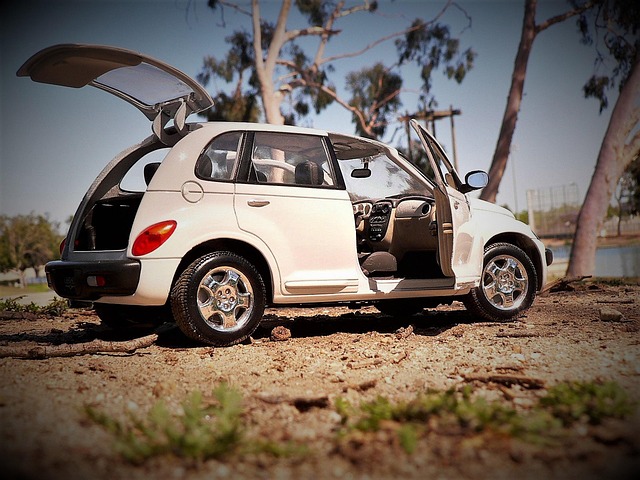
When considering heat shield replacement, it’s important to look beyond the immediate impact on vehicle performance. This crucial component plays a significant role in safety and environmental sustainability, two areas that are essential for modern car owners. Heat shields act as a protective barrier between your engine and the surrounding environment, preventing excessive heat transfer and potential damage. By replacing a damaged or worn-out shield, you’re not only enhancing the overall efficiency of your vehicle but also ensuring safer driving conditions.
In addition to safety benefits, regular heat shield replacement contributes to environmental considerations. A well-maintained heat shield minimizes the risk of engine compartment fires, which can be devastating and hazardous. Moreover, it helps maintain optimal operating temperatures, reducing the strain on cooling systems and promoting fuel efficiency. When visiting an auto collision center or engaging in car damage repair services, don’t overlook the importance of heat shield replacement—it’s a simple yet powerful step toward better performance, safety, and sustainability for your vehicle.
Heat shield replacement is not just a technical fix; it’s a performance booster and a safety net for vehicles. By understanding the role of these components, we uncover significant improvements in engine health and efficiency. This process goes beyond mere aesthetics, offering enhanced environmental protection by reducing exhaust emissions. In today’s market, prioritizing regular heat shield replacements can be a game-changer for both drivers and the planet, ensuring optimal vehicle performance and longevity.
